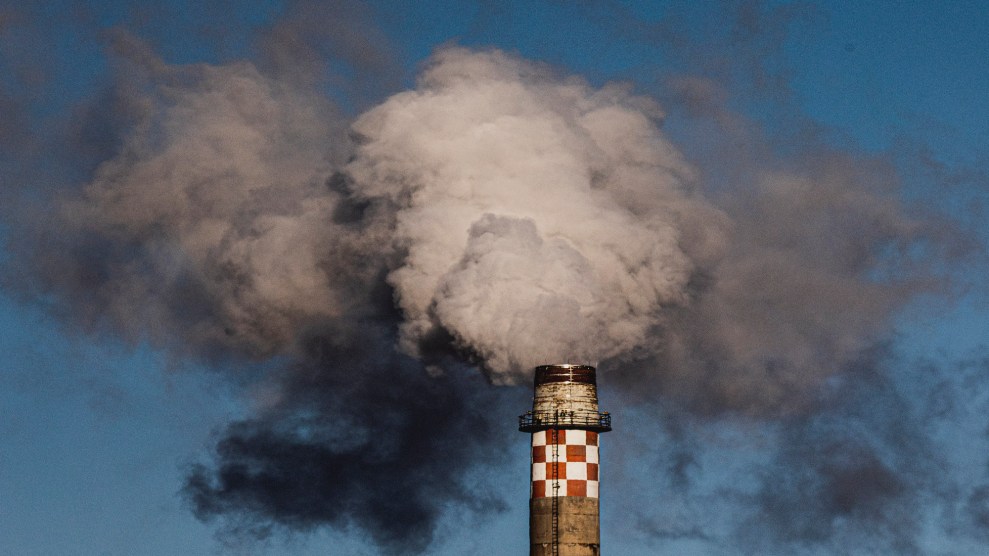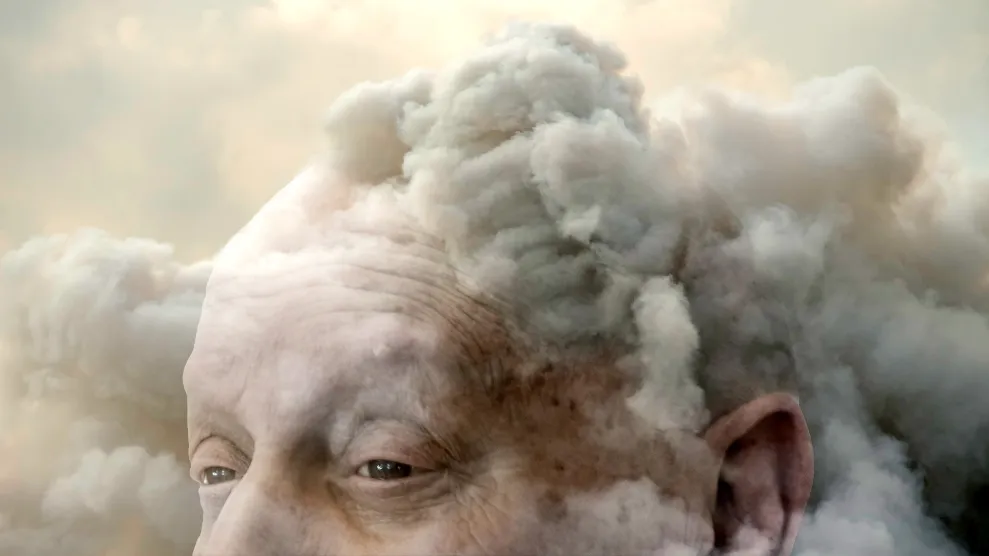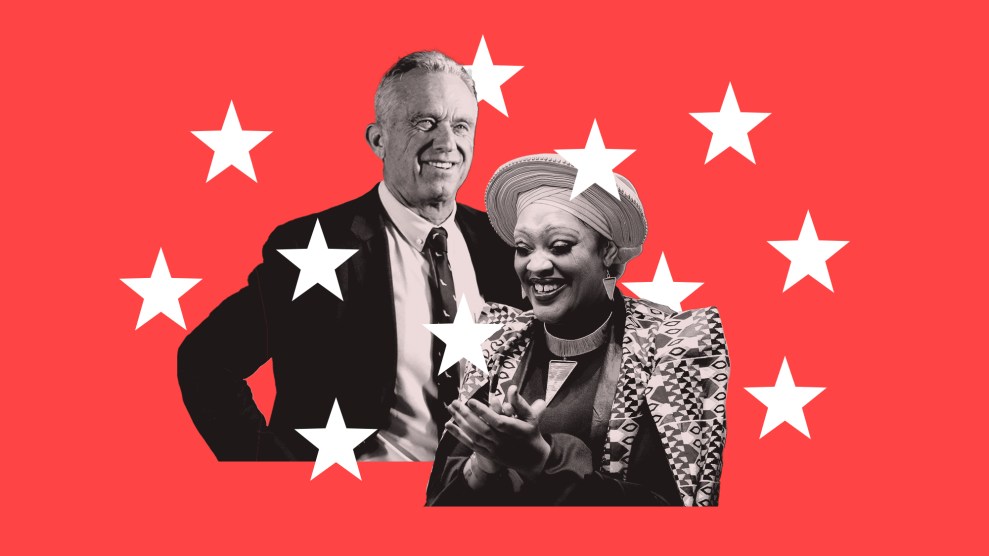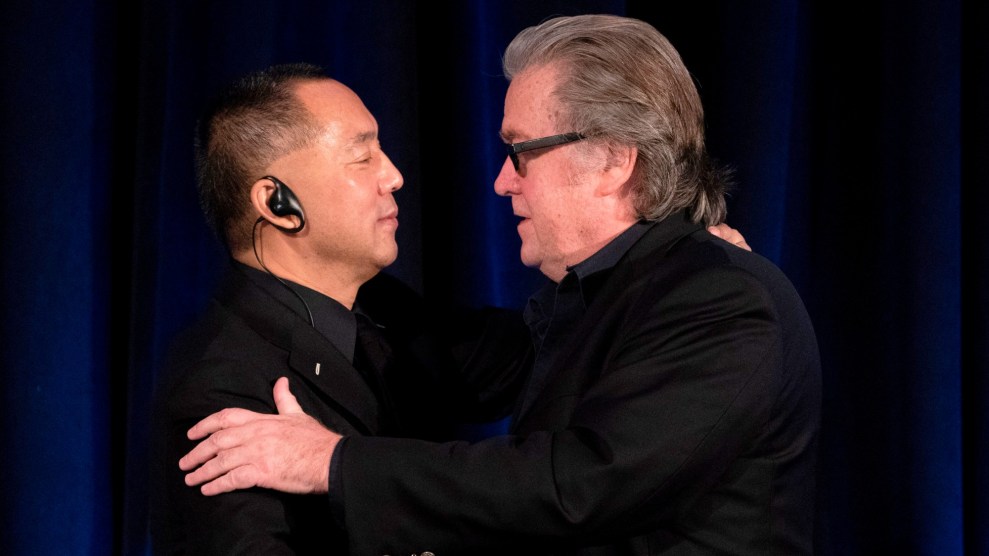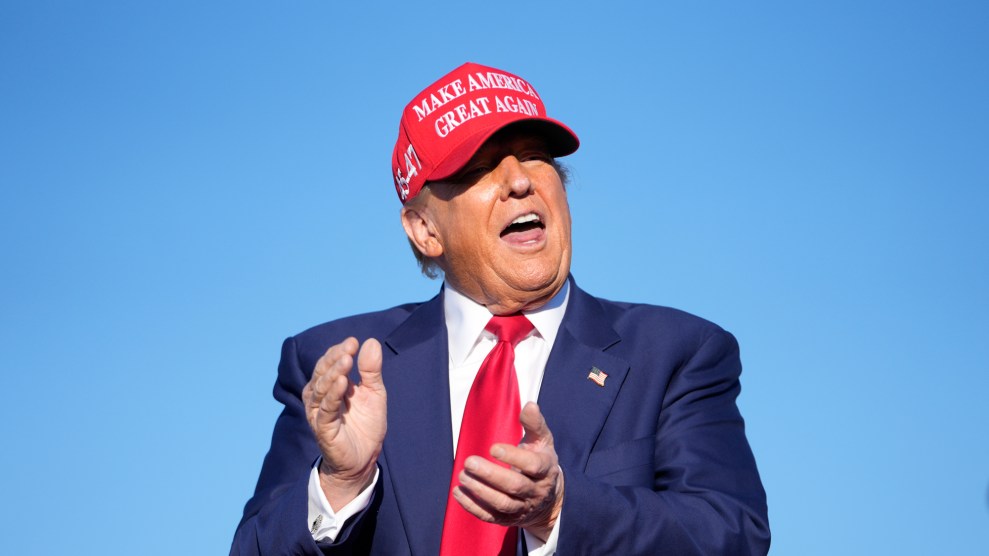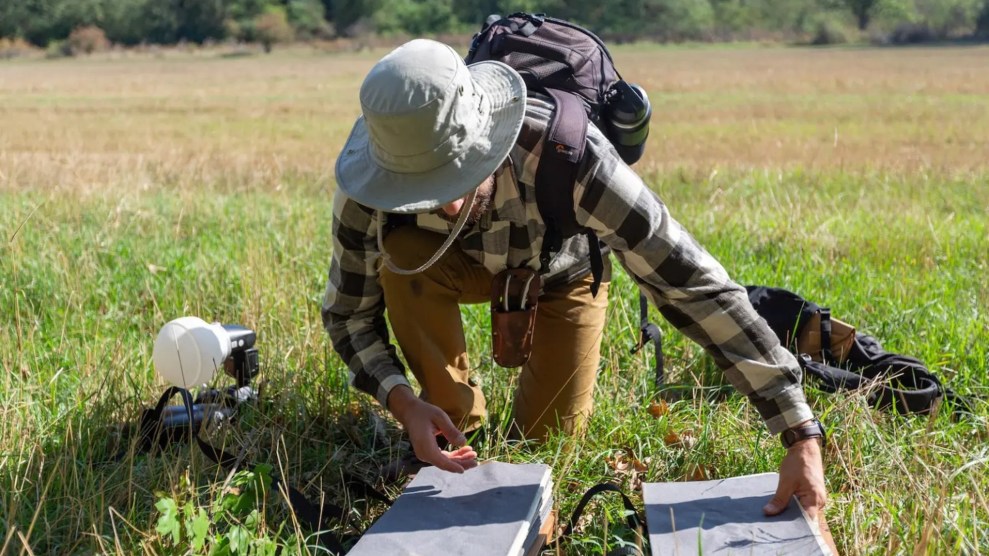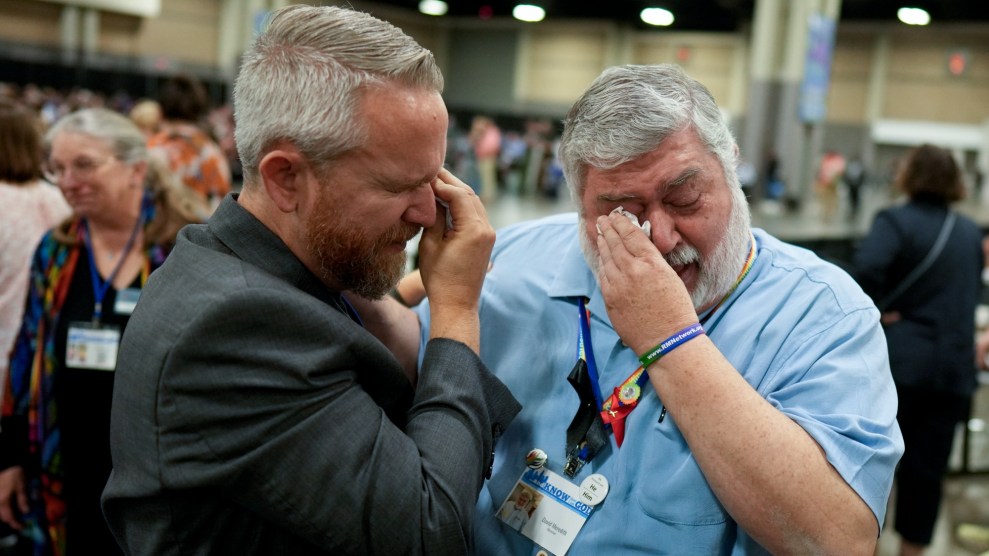
A scene from “The Queen’s Gambit.”Netflix
This story was originally published by the Guardian and is reproduced here as part of the Climate Desk collaboration.
Chess experts make more mistakes when air pollution is high, a study has found.
Experts used computer models to analyze the quality of games played and found that with a modest increase in fine particulate matter, the probability that chess players would make an error increased by 2.1 percentage points, and the magnitude of those errors increased by nearly 11 percent.
The paper, published in the journal Management Science, studied the performance of 121 chess players in three seven-round tournaments in Germany in 2017, 2018, and 2019, comprising more than 30,000 chess moves. The researchers compared the actual moves the players made against the optimal moves determined by the powerful chess engine Stockfish.
In the tournament venues, the researchers attached three web-connected air quality sensors to measure carbon dioxide, PM2.5 concentrations, and temperature. Each tournament lasted eight weeks, meaning players faced a variety of air conditions.
Fine particulate matter, or PM2.5, refers to tiny particles 2.5 microns or less in diameter, which are often expelled by burning matter such as that from car engines, coal plants, forest fires, and wood burners.
“We find that when individuals are exposed to higher levels of air pollution, they make more mistakes, and they make larger mistakes,” said Juan Palacios, an economist at the Massachusetts Institute of Technology’s Sustainable Urbanization Lab and a co-author of the paper.
Researchers looked at historical data to see if their findings were replicated, using data from 20 years of games from the first division of the German chess league. After accounting for other causes such as noise, temperature changes, and carbon dioxide concentrations, they found air pollution accounted for dips in player performance.
“It’s pure random exposure to air pollution that is driving these people’s performance,” Palacios said. “Against comparable opponents in the same tournament round, being exposed to different levels of air quality makes a difference for move quality and decision quality.”
Chess.com’s Leon Watson said that professional players were already monitoring air quality while they played: “Cognition is obviously incredibly important in chess and already some of the top players like Magnus Carlsen and Anish Giri have cottoned on to how important air quality is.”
“When competing from home in the big Champions Chess Tour events, players now routinely monitor their CO2 and particulate matter levels using [air monitors] and use the data to create the perfect environment to play in…like in any sport, fine margins are important. The difference may be marginal, but players will inevitably try to eliminate any competitive disadvantages.”
Though the study focused on chess players, the authors said it had implications for anyone who had to think hard at work in polluted areas, and it could have an economic cost to society.
Palacios said: “The idea is to provide accurate estimates to policymakers who are making difficult decisions about cleaning up the environment.”
